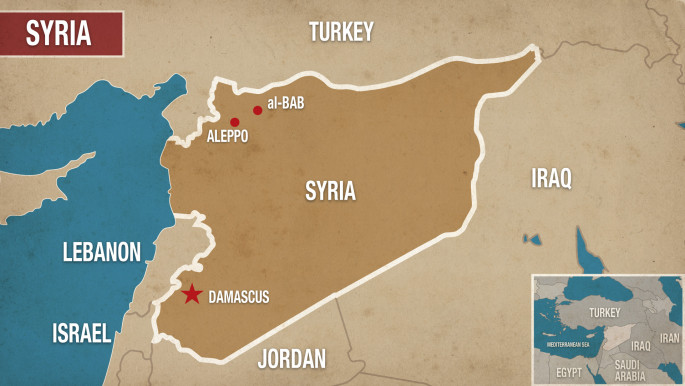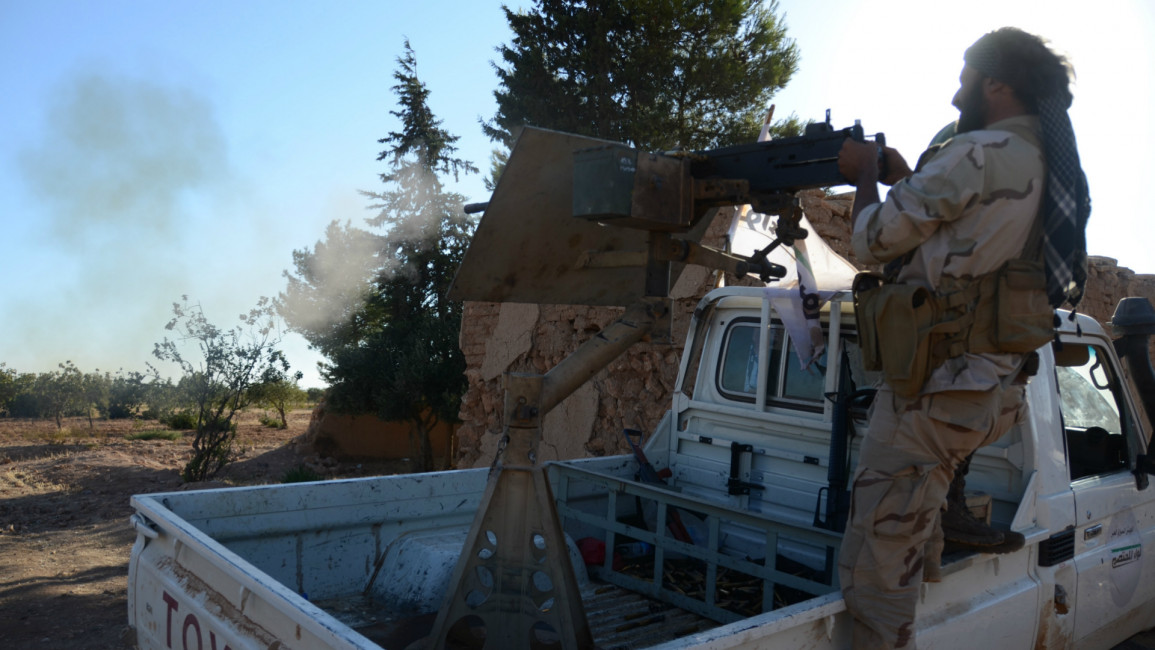Turkey-backed rebels clash with Kurds over Syria's al-Bab
The rebels – who pressed on in Ankara's Operation Euphrates Shield to clear the border areas from the militants – said fighting with the Syrian Democratic Forces [SDF] erupted in the village of Sheikh Nasser.
The Turkey-backed rebels pushed back the coalition of Kurdish and Arab tribal fighters headed by the Syrian Kurdish YPG milita.
"We clashed with Kurdish YPG and we took over the village," Reuters reported Abu Assad Dabeq, a commander in the operation as saying.
"The YPG are trying to advance to the areas we are advancing to," Dabeq said, adding that his fighters were only a few kilometres away from al-Bab.
"They are competing with us to reach al Bab. They are working on cutting all roads either either from Aleppo or in the direction of al Bab," Dabeq added.
Both groups seek to dislodge IS militants from the area to expand their own territory.
Al-Bab, a city of 100,000 about 30 kilometres [20 miles] from the Turkish border, has been a key target for Turkey and its Syrian rebel allies since its campaign began on August 24.
Ankara launched its unprecedented cross-border operation saying it was targeting both IS and the YPG militia, which has been a key opponent of the militant group in Syria.
Ankara, wary of growing self-autonomy for Kurdish communities in Syria having a knock-on effect back home is keen to seize the city and prevent YPG and other Kurdish forces from joining up cantons they control along the Turkish border, fearing it will stoke Kurdish separatism at home.
 |



